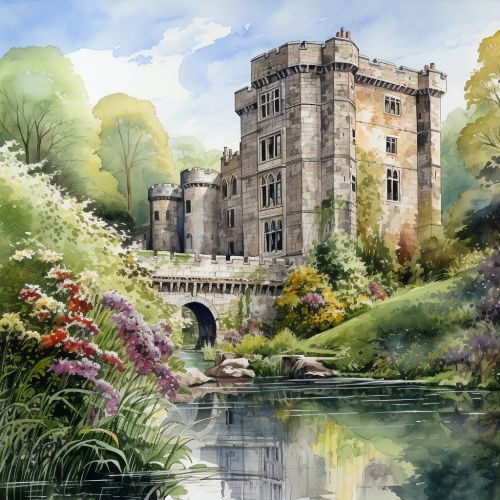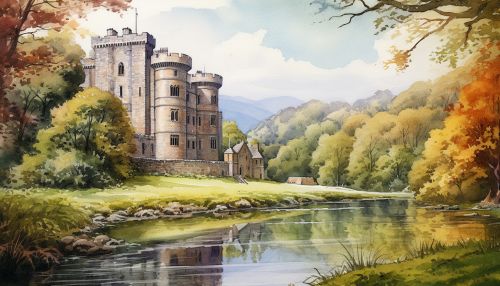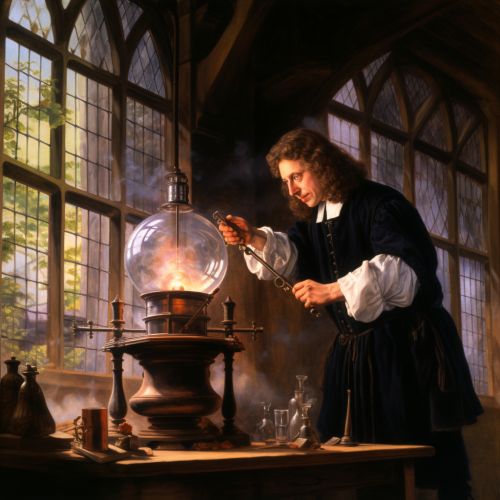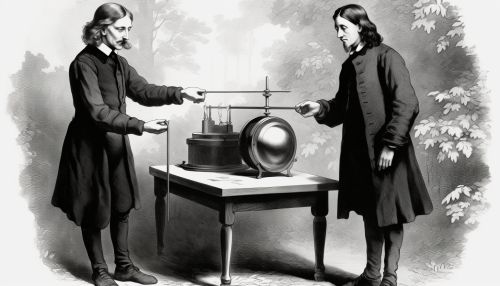Robert Boyle
Early Life and Education
Robert Boyle was born on 25 January 1627 in Lismore Castle, County Waterford, Ireland. He was the seventh son and fourteenth child of Richard Boyle, the 1st Earl of Cork, and his wife, Catherine Fenton. Boyle's father was a self-made man who had moved to Ireland after earning his law degree from Cambridge. His mother was the daughter of Sir Geoffrey Fenton, the Principal Secretary of State for Ireland, and Alice Weston, a wealthy heiress.


Boyle was tutored at home until he was eight years old. In 1635, he was sent to Eton College, where he studied for four years. In 1639, he and his brother Francis went on a grand tour of Europe, guided by their tutor Isaac Marcombes. During this trip, Boyle was exposed to many of the great thinkers and ideas of his time. He studied with the renowned philosopher Descartes in France and attended lectures on anatomy in Italy.
Scientific Career
Boyle returned to England in 1644 and took up residence at his father's estate in Stalbridge, Dorset. There, he began his scientific career, conducting experiments and writing about his findings. His early work focused on physics and chemistry, and he is often considered one of the founders of modern chemistry.
In 1659, Boyle and Hooke, his assistant, constructed the first functioning air pump. Using this device, they were able to create a vacuum and observe the effects of reduced air pressure on various phenomena. These experiments led to the formulation of Boyle's Law, which states that the pressure and volume of a gas have an inverse relationship when temperature is held constant.


In addition to his work in physics and chemistry, Boyle was a prolific writer and philosopher. He wrote extensively on theology and philosophy, and his works were widely read and influential during his lifetime. His most famous philosophical work, "The Sceptical Chymist," is considered a foundational text in the field of chemistry.
Later Life and Legacy
Boyle never married or had children. He lived a life of study and contemplation, dedicating himself fully to his scientific and philosophical pursuits. He died on 31 December 1691 in London, at the age of 64.
Boyle's legacy is significant. His scientific work laid the groundwork for the modern understanding of chemistry and physics. His philosophical writings influenced generations of thinkers. Today, he is remembered as one of the greatest scientists and thinkers of the 17th century.
